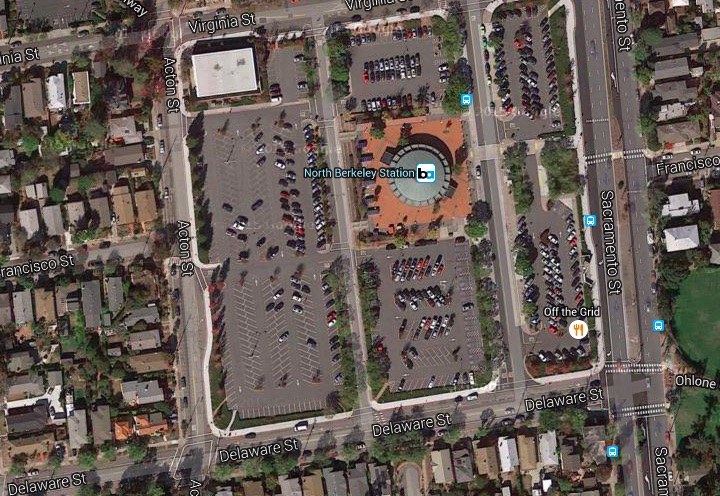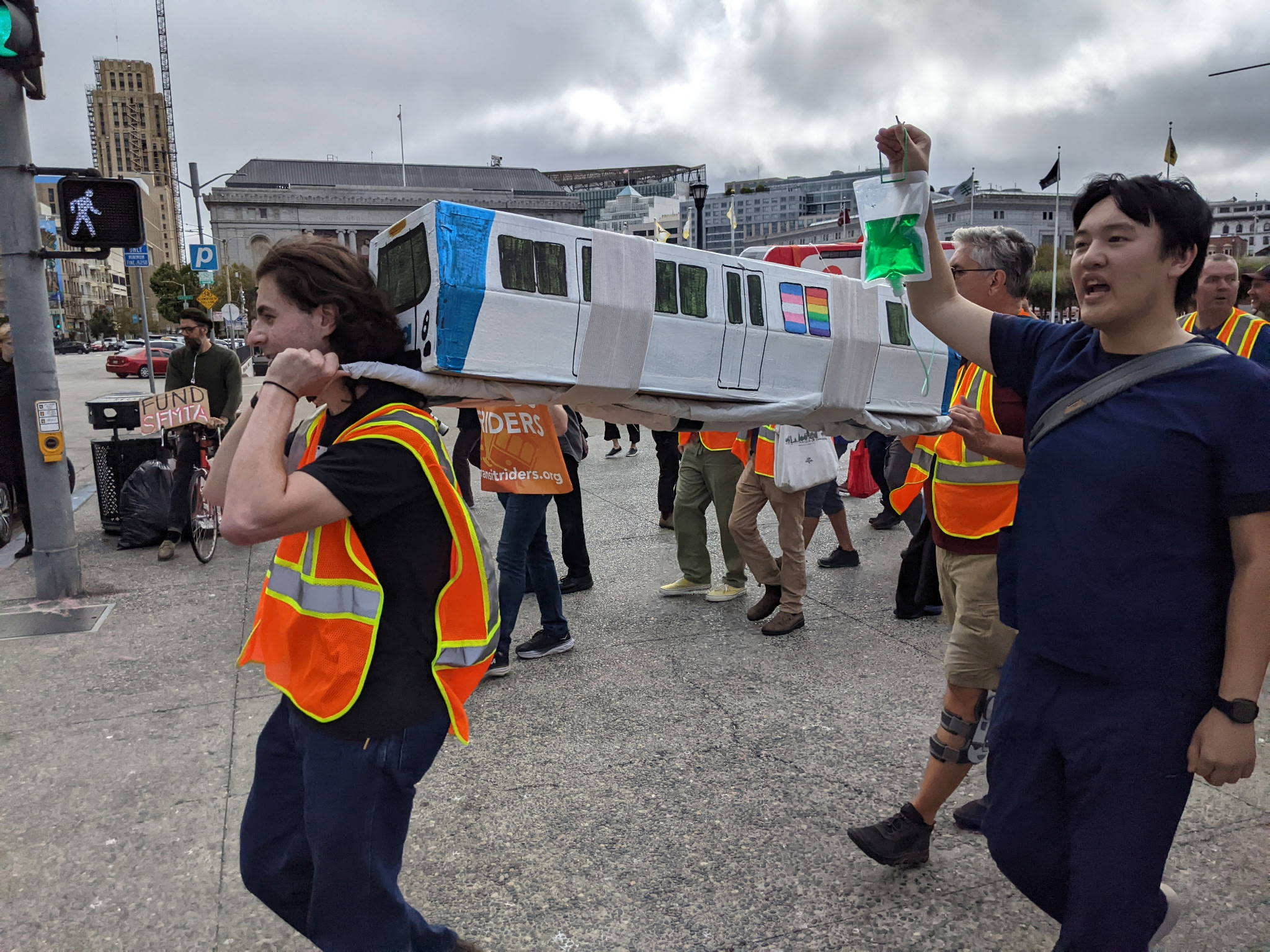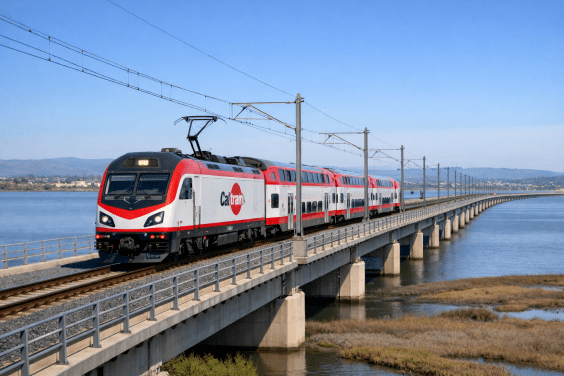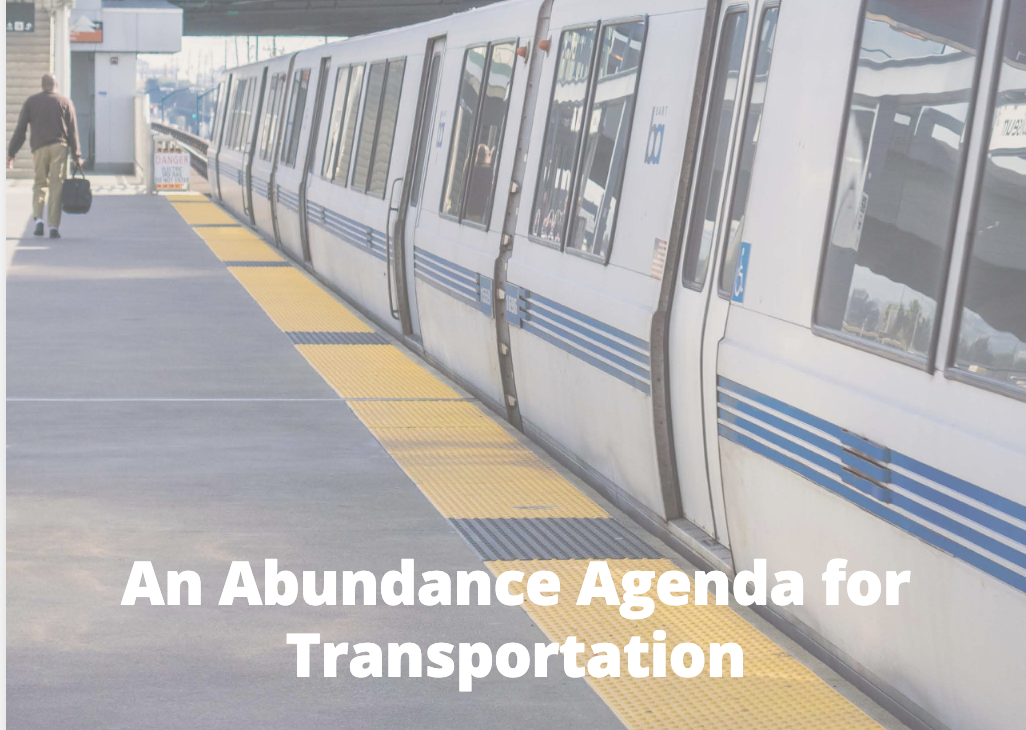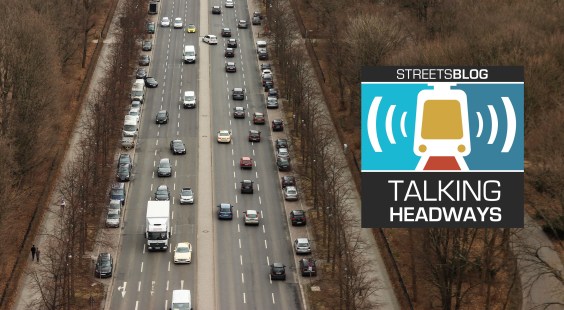Note: GJEL Accident Attorneys regularly sponsors coverage on Streetsblog San Francisco and Streetsblog California. Unless noted in the story, GJEL Accident Attorneys is not consulted for the content or editorial direction of the sponsored content.
The California legislative session ended last week, and bills either passed both houses or died. Those that made it through now await the governor's signature--or his veto, and he has until September 30 to decide their fate.
Over the next few days, we'll be giving a quick review of as many bills relevant to streets and sustainable transportation as we can. Today, we start with a look at a unique piece of legislation tying together housing and transit: A.B. 2923, from Assemblymembers David Chiu (D-San Francisco) and Tim Grayson (D-Concord).
Housing at BART
This controversial bill seemed like a long shot, but somehow it passed both the Assembly and the Senate despite strong resistance. A.B. 2923 would allow the Bay Area Rapid Transit system to establish zoning standards for its station areas so that it can more easily build housing there. Because it takes some zoning power away from local city councils—unheard of in California, where “local control” over zoning is sacrosanct--there was statewide opposition to the bill, even though the bill is limited to BART properties.
Building housing at BART should be a no-brainer. California and especially the Bay Area desperately needs more housing, and many BART stations are surrounded by seas of pavement dedicated to storing cars during the day. If more people could live close to its stations, BART ridership would get a boost, notably during off-peak hours and on the weekends when it has more capacity and when local residents are more likely to use it. BART would also receive much-needed revenue from rent, in place of the pittance it currently receives per parking spot. Adding more housing near transit also supports regional and state climate goals to get people out of cars and onto transit, and it would give people easy access to jobs throughout the Bay Area.
BART has already committed to building housing at its stations. In 2015, it set a goal of developing 20,000 housing units, at least thirty percent of them affordable, by 2040.
But local resistance has been high. Residents near stations have fought proposed developments, resulting in long delays and excruciating arguments about parking and density. Examples: Fruitvale Station's phase 2 is only now preparing for construction, 25 years after it was planned; the Ed Roberts campus at Ashby BART station—built to provide easy transit access for accessibility organizations and their clients—included no housing and was forced to add costly underground parking that sits mostly empty; Millbrae, a major transit hub, took fifteen years and many fights to barely get its TOD approved by the local council.
The process is not made any easier when it has been hard to keep conversations about developing these parcels focused on the dire need for housing. Sometimes, even mentioning the possibility of maybe having a conversation about perhaps discussing the potential for developing a BART parcel can engender fearful responses.
These conversations slow the entire process down to a snail's pace, adding to the difficulty of planning what are very complex projects which involve not just housing but access to the stations for buses, shuttles, bikes, and pedestrians. This bill would simplify that process a bit by giving BART the authority to establish basic zoning standards for all of its station areas, and require local cities to conform their zoning of the station lots to the BART standards. That doesn't mean BART would have free reign to do whatever it wishes; the standards must go through BART's own public planning process, and they must take into account local context. But it would curtail the ability of cities to use local hysteria to delay and undermine the construction of housing at BART stations.
That alone made A.B. 2923 controversial. The California Chapter of the American Planning Association and the League of California Cities strongly object in principal to any changes in who controls zoning, and they see this bill as a "troubling precedent." The local control argument is based on the idea that only local elected officials, who are beholden to their constituents, should be authorized to make zoning decisions. An interesting twist here is that the BART board is also an elected body, with each member representing a geographic area served by BART. This, combined with the large amount of developable land owned by BART, make unique circumstances not shared by other transit agencies in California.
It's also notable that three members of the BART board came out in official opposition to A.B. 2923: Debora Allen, John McPartland, and Tom Blalock. All three represent East Bay districts with suburban BART stations surrounded by parking. They were joined in opposition by several cities that contain BART stations--although notably not Oakland, which has applied its own TOD zoning to BART station areas and is already developing very densely at several stations within its borders.
One of the objections has been that BART is a transit agency, not a housing developer. That's true--BART has to focus on running its trains. That means it has little time to spend trying to convince cities and reactive neighbors that the need to build fairly dense housing at these stations is critical. But note also that BART just owns the land; it does not manage the TODs already built at its stations.
The bill's authors were committed to finding a middle ground. They asked opposing groups to be specific about their concerns, and made amendments in response to those concerns without undermining the bill's original intent--to make it easier to develop BART parking lots for housing. For example, rules on building heights were clarified: A.B. 2923 would allow BART developments up to one story higher than local zoning allows by right, but any higher would require a longer planning process. Also, BART would only be allowed to apply the new rules to land it already owns.
Affordability requirements and anti-displacement language were strengthened, which distinguishes A.B. 2923 from a bill by Senator Scott Wiener that would have upzoned around all transit--but which died earlier this year in part because of worries that it would cause displacement. In response to concerns about parking loss, A.B . 2923 requires BART to think broadly about access to its stations, finding ways to accommodate commuters who might have lost parking spaces--and not automatically requiring parking structures to replace surface lots.
The bill also has a sunset provision, which means the entire concept would be reconsidered after BART has had some time to develop and establish zoning standards and begin developing some of its parcels. It also means that BART needs to do a good job in delivering on its promises in the next ten years.
According to Nick Josefowitz, the BART board member who spearheaded the bill, it “strikes a great balance between the desires of the community and the clear imperative to build housing for families near BART stations. It really benefits everyone.”
It could well have a big impact on delivering affordable housing in the Bay Area. According to Josefowitz, with all the land BART owns that it could develop, “this would be the largest home building project in the Bay Area.”
Think about that: bigger than developments like Hunter's Point or Treasure Island—but spread out throughout the Bay Area, and easily connected to everywhere else by BART.
The bill's passage is also an example of how things can get done. “It shows how we need to work,” said Josefowitz. “We can't just retreat into our silos. We have to work across all of government to achieve our goals, like having housing that's affordable. We spend too much time bickering about whose responsibility it is, instead of doing it.”
“A lot of people look at their public service jobs narrowly,” he added, “instead of asking: how can I use my position to make things better for my community?”
A.B. 2923 awaits its fate with Governor Brown, who has shown support for TOD in the past. We'll know by the end of this month whether he still does.
Tomorrow: More bills to make it easier to build housing in California
